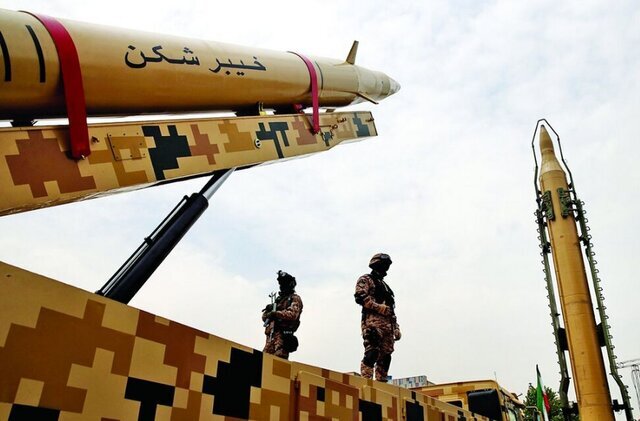Armed Forces fully prepared, Iranian commander warns adversaries

TEHRAN – A senior commander of the Iranian Army warned Friday that the country is fully prepared to counter any aggression, emphasizing that its armed forces are drawn from the nation’s most capable young personnel and are ready to defend against threats on land, at sea, and in the air.
Admiral Habibollah Sayyari, Deputy Coordinator of the Iranian Army, spoke to reporters on the sidelines of the 4th World Armies Archery Championship (WAC 2025), hosted by the Army Air Force at the national Archery Federation venue.
The remarks come amid ongoing efforts by Tehran to showcase its military preparedness and deter potential adversaries. Brigadier General Reza Talaei-Nik, Deputy for Strategic Planning and Parliamentary Affairs and spokesperson for the Ministry of Defense and Armed Forces Logistics, stressed that Iran’s armed forces have significantly increased their armament, operational, and logistical capacities since the “12-day war,” a brief but intense conflict that tested the country’s readiness.
Talaei-Nik recalled that despite 15 years of enemy preparations to strike Iran, the aggressor failed in the 12-day war. He warned that any future attempts at aggression would meet an even stronger Iranian response, citing enhanced defensive readiness and the increased vulnerability of potential adversaries to Iran’s offensive capabilities. “Given the heavy losses and failures suffered in the 12-day war, it is unlikely the enemy would attempt another attack without carefully calculating its own vulnerabilities,” he said.
The 12-day conflict erupted on June 13, when Israel launched a sudden attack against Iran, claiming at least 1,064 lives, including military commanders, nuclear scientists, and civilians. The United States intervened by bombing three Iranian nuclear sites, an action Tehran described as a grave violation of international law. In retaliation, Iran’s armed forces struck strategic sites across the occupied territories and targeted U.S. military facilities in the region, including Al-Udeid Air Base in Qatar, the largest American military installation in West Asia. Iranian attacks also damaged key Israeli command and control centers, training facilities, and fortified airbases hosting advanced fighter jets and electronic warfare systems.
Iran has repeatedly stated that it will deliver a crushing response to any military aggression or actions threatening its national security, signaling that the lessons of the 12-day conflict continue to shape its military posture today.
Many observers believe that Tel Aviv’s inability to achieve its intended goals, coupled with Tehran’s ongoing deterrence posture, could set the stage for a renewed conflict in the near future.
Leave a Comment